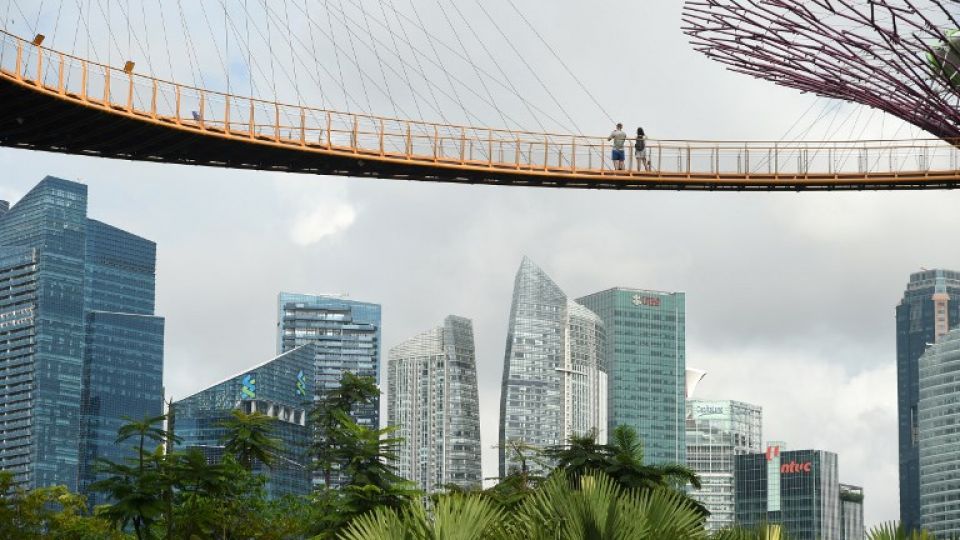January 30, 2019
The city-state lags behind to only Denmark and New Zealand.
Singapore has moved up three notches to third spot in an annual ranking of countries deemed to have the least corruption in the public sector, with Denmark and New Zealand ahead of it.
The Republic scored 85 on graft watchdog Transparency International’s 2018 Corruption Perceptions Index, which uses a scale that goes from zero, for highly corrupt, to 100, for very clean.
The index released on Tuesday (Jan 29) also shows that, globally, most countries continue to fail in reining in corruption significantly, said Berlin-based Transparency International.
Similar to 2017, more than two-thirds of the countries scored below 50, with an average score of only 43. Since 2012, only 20 countries – including Estonia and Ivory Coast – have significantly improved their scores, while 16 have significantly declined, including Australia, Chile and Malta, noted Transparency International.
It also highlighted the United States dropping out of the top 20 countries on the index for the first time since 2011. The US scored 71, down four points.
“The low score comes at a time when the US is experiencing threats to its system of checks and balances as well as an erosion of ethical norms at the highest levels of power,” Transparency International said.
The Corruption Perceptions Index, started in 1995, ranks 180 countries and territories by their perceived levels of public sector corruption, according to experts and business people. It draws on 13 surveys and expert assessments to derive a score for each country.
Singapore scored 85, improving on its 2017’s score of 84, and tying with Finland, Sweden and Switzerland for third place. Leader Denmark scored 88 and New Zealand, 87.
Norway was in seventh place with a score of 84, followed by the Netherlands (82), Canada (81) and Luxembourg (81).
Corrupt Practices Investigation Bureau (CPIB) director Denis Tang said Singapore’s public service “continues to be recognised as one of the most efficient and cleanest in the world”.
“Incidence of public sector corruption remains low with an average of eight public sector employees prosecuted for corruption and related offences over the last three years,” Mr Tang said in a statement.
“Working hand-in-hand with all stakeholders and the community, the CPIB remains committed and resolute in the fight against corruption,” he added.
Singapore’s good standing is also attested to by other global indicators, the CPIB noted.
In the Political and Economic Risk Consultancy’s 2018 Report on Corruption in Asia, Singapore is the least corrupt country in the region, a position it held since 1995, the CPIB pointed out.
Singapore also ranked fourth for absence of corruption in the 2017-2018 Rule of Law Index compiled by the World Justice Project, and is the top Asian nation out of 113 countries, it added.
Lawyer Wilson Ang, a partner with global law firm Norton Rose Fulbright, said Singapore’s legal framework plays a role in fighting corruption.
Mr Ang, who heads the firm’s Asia regulatory compliance and investigations practice, highlighted the introduction of the deferred prosecution agreement last year as one example.
Under the agreement, a corporation charged by a prosecutor may have the charge deferred, on condition it agrees to pay a financial penalty and abide by several conditions, including supervision of its practices for a period of time.
Said Mr Ang: “The move signals that Singapore is serious about stamping out corruption. In cases where private sector businesses are making the payment of bribes to government officials, the deferred prosecution agreement targets one-half of the equation, which is the supply side of the bribe.”
On challenges ahead, he said: “The concern remains that Singapore is in a region rife with corruption. Secondly, Singapore still has ambitions to remain a leading financial centre.
“So those two factors together expose Singapore to various corruption and money laundering risks, which means that we have got to be more vigilant than ever.”


